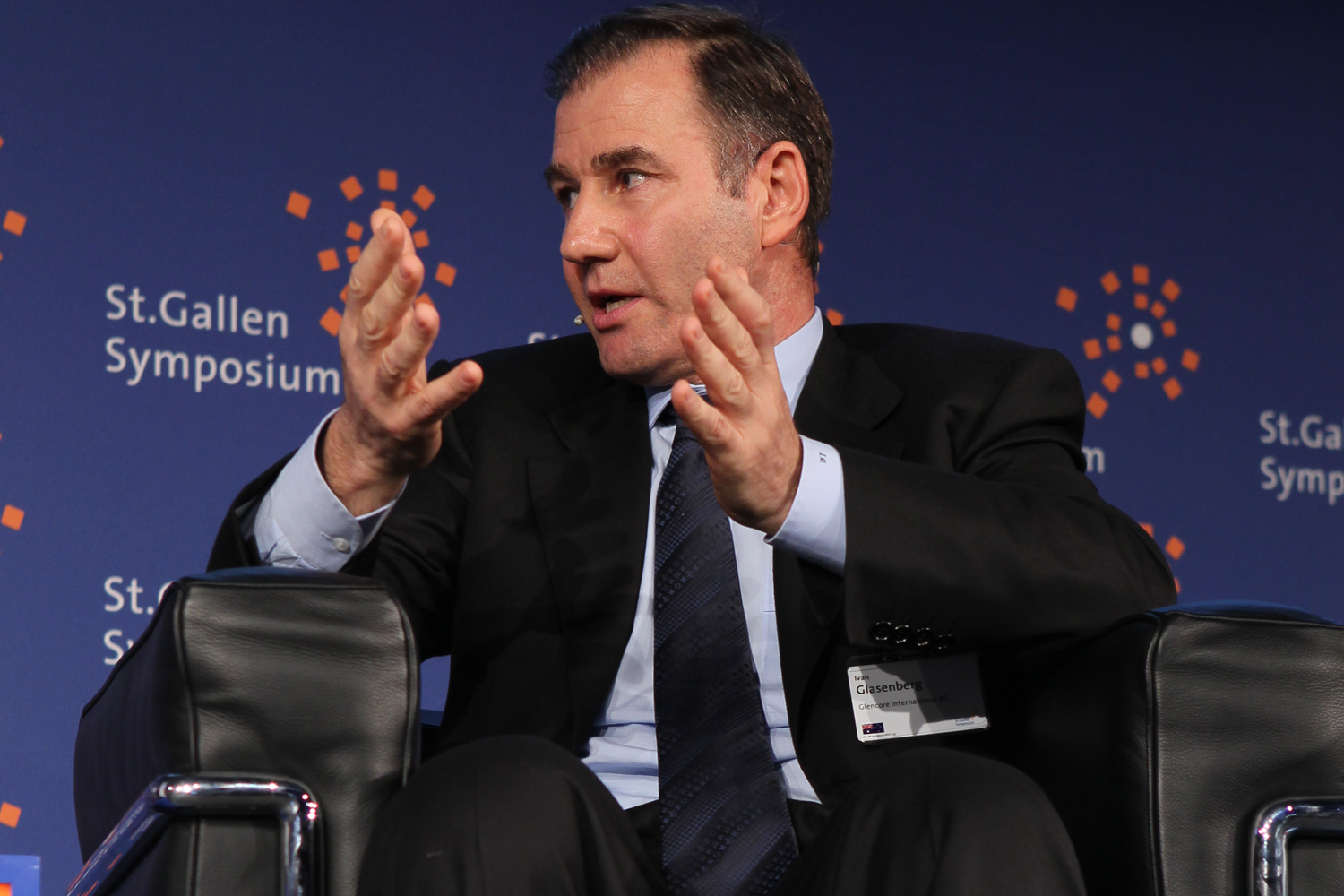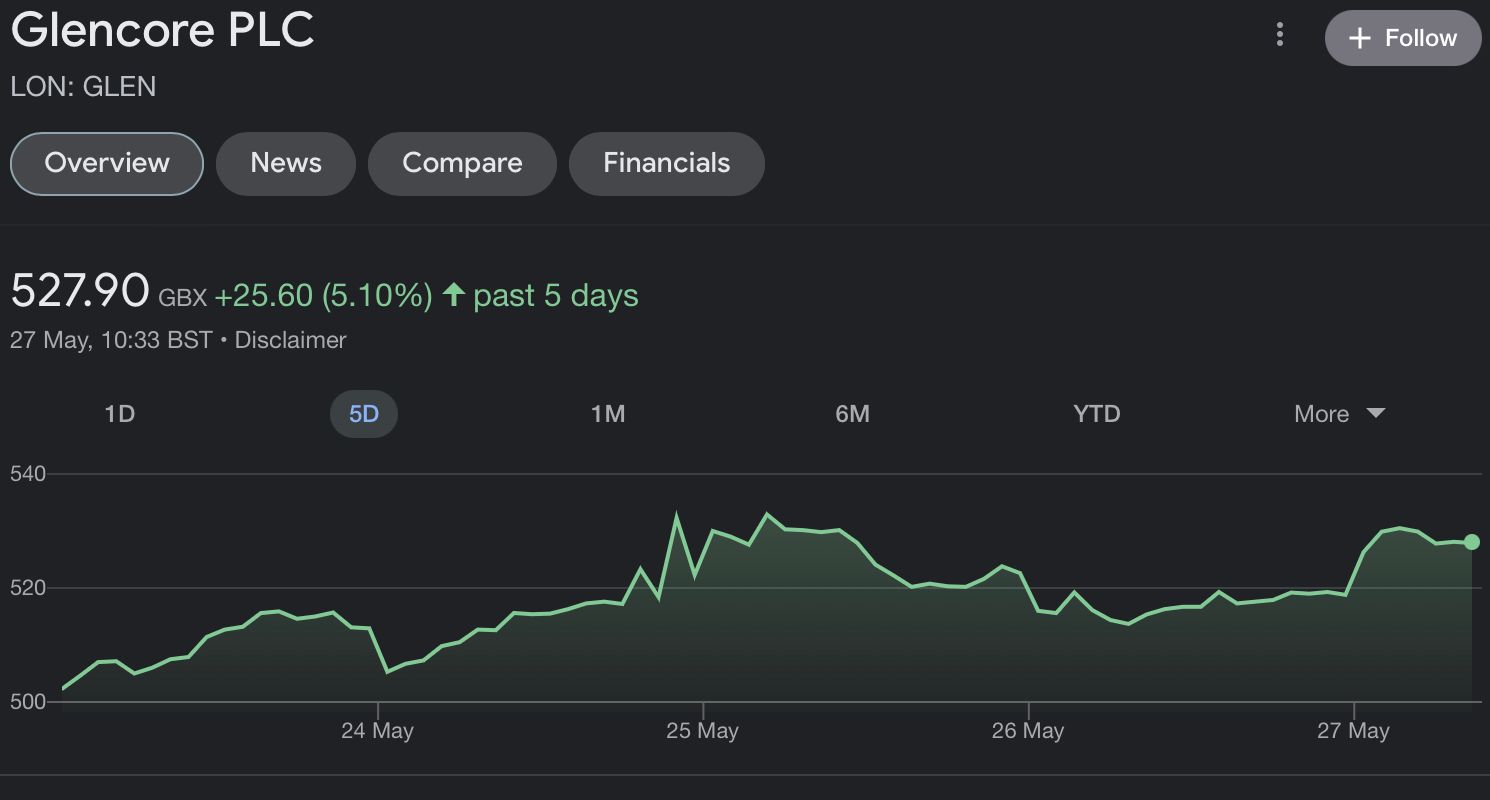
Prosecutors forced Glencore to plead guilty and pay fines, but the top executives who made billions from the IPO are enjoying their retirement unscathed.
Glencore is one of the world's biggest mining conglomerates. The raw materials it rips from the earth end up everywhere from electric cars to copper pots. If you follow the company – not to mention the industry – you can see the layers of darkness that have been peeled back over the years.
Horrifying environmental disasters. Exploitation of child labor. Corrupting tinpot dictators (or is it copperpot?) in the developing world.
Earlier this week, the company finally was taken to task on the corruption part. The company pleaded guilty to multiple counts of bribery and market manipulation. It agreed to pay settlements that will eventually add up to about $1.5 billion. It said sorry.
This story is open to all and our work is available for free to anyone who signs up with their e-mail. But investigations like this aren't cheap. If you believe accountability journalism matters, consider upgrading to a paid subscription—or sending a one-time boost. Every contribution directly funds more reporting like this.
Have a tip? Reach us at:
📩 whalehunting@projectbrazen.com
📧 projectbrazen@protonmail.com
🔒 Secure contact details here.
We protect our sources.
Gary Nagle, Chief Executive Officer of Glencore, commented: “We acknowledge the misconduct identified in these investigations and have cooperated with the authorities. This type of behaviour has no place in Glencore, and the Board, management team and I are very clear about the culture that we want and our commitment to be a responsible and ethical operator wherever we work.
But something doesn't quite sit right about the whole affair. Somehow Glencore feels like it's coming out on top... The share price went up! The market capitalization – or value of the whole company – increased by more than two billion dollars in the last five days.
Yes, I know that the "market priced in" this investigation, etc., and now investors are cheering on the company because it "turned a corner." 🙄

Not only does it feel unsatisfying, but it feels truly incomplete. I'm going to explain why.
Preview of what's below (accessible if you sign up for free): Glencore made far more money off its IPO than off of corruption itself. Corruption was a means to sell its shares to pension funds and others at a fraudulent valuation.